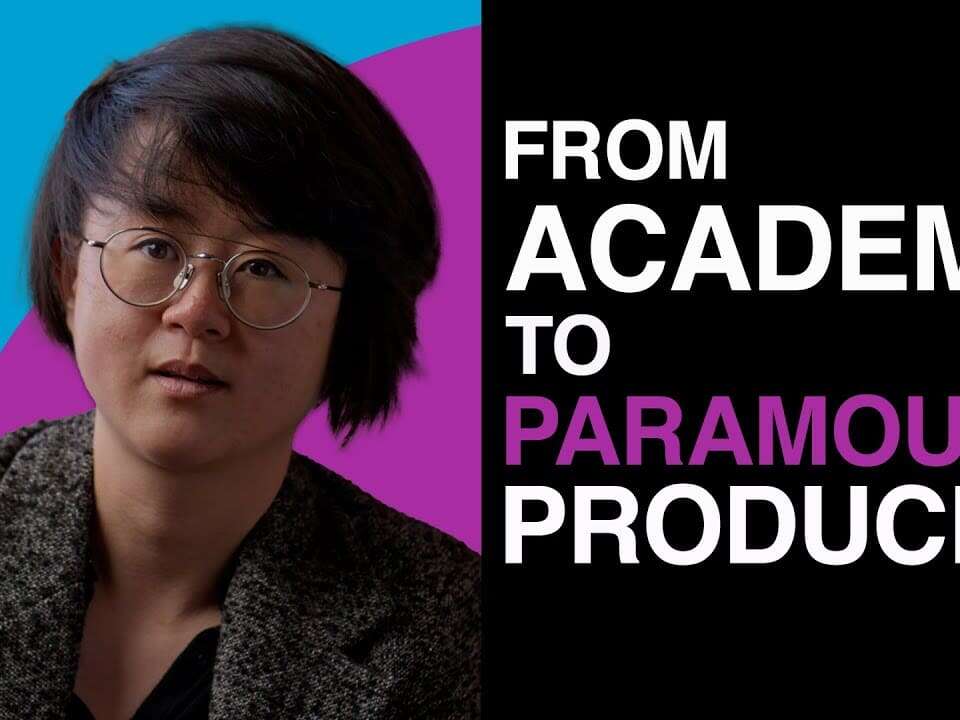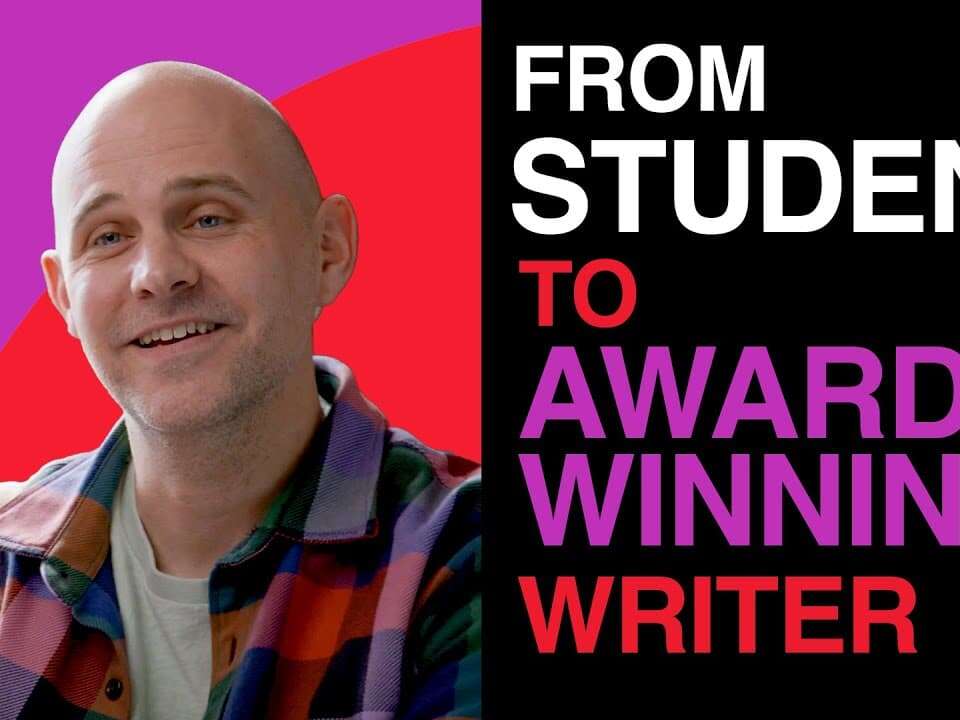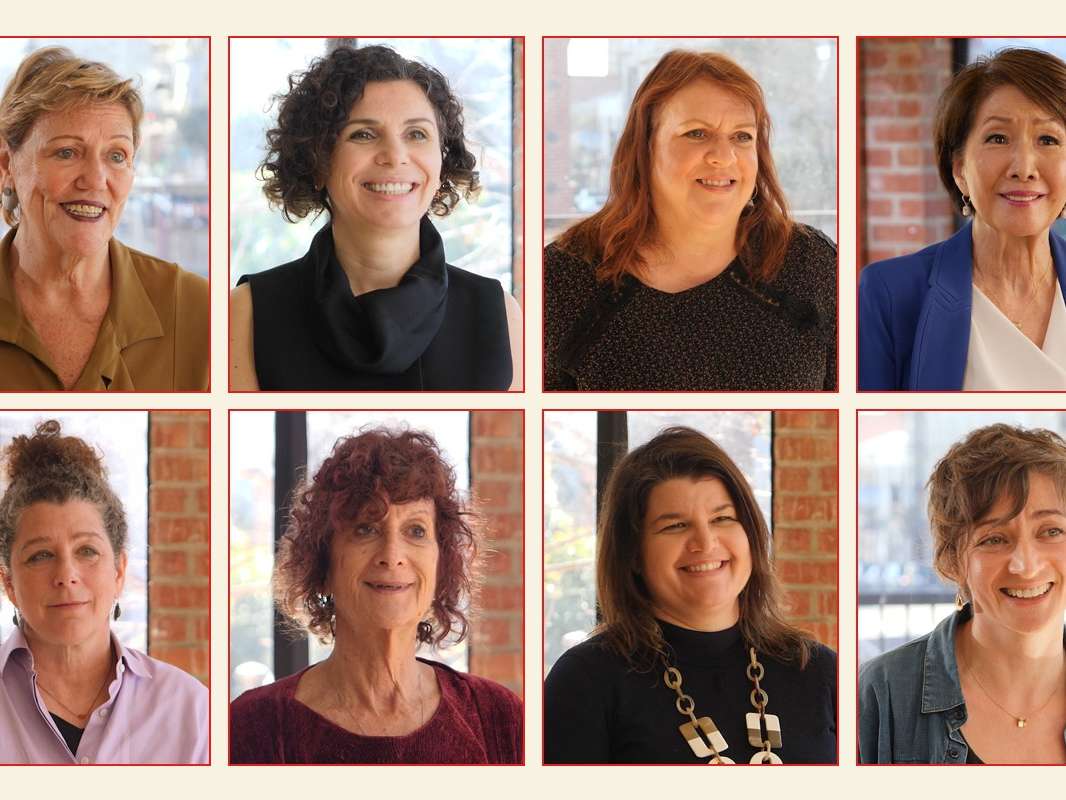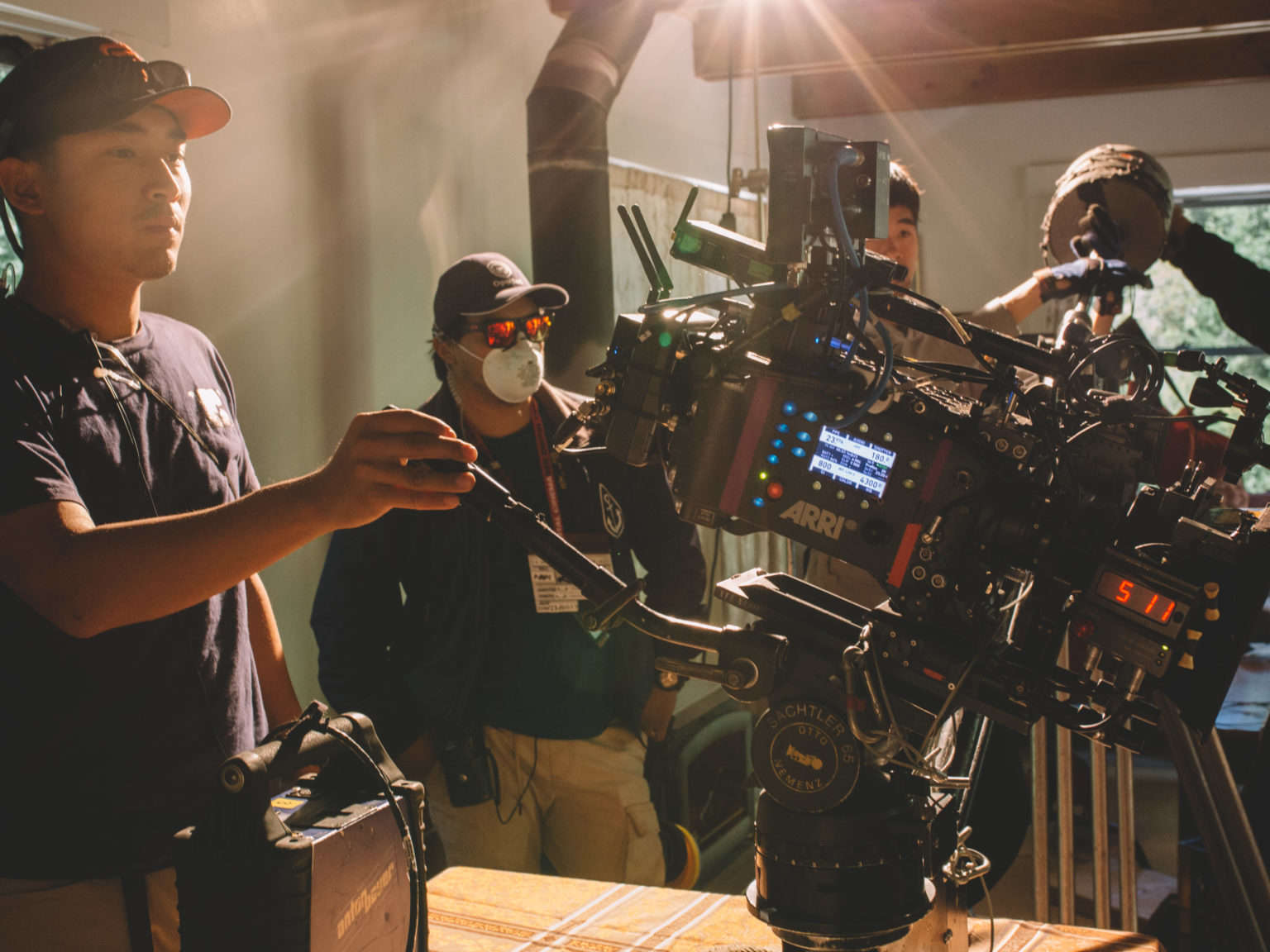Director Dialogue Series: Jana Sue Memel, Motion Pictures and Television
This week in our Director Dialogue series, our featured director is Jana Sue Memel from the School of Motion Picture & Television and the School of Writing for Film, Television & Digital Media.
As a three-time Academy Award-winning film producer and writer, Memel started out as an agent trainee at the renowned talent agency William Morris. She worked her way up to become one of the most well-known producers in the industry, and started an award-winning production company the Chanticleer Films, which was nominated for 11 Oscars.
Before Memel joined the Academy of Art University, she was the co-founder of a Los Angeles based consultancy company The Hollywood Way. Through her company, she coached companies from various industries how to sell ideas through top-notch storytelling skills.
Memel took time out of her busy schedule to sit down with us and talk about her career as a female filmmaker, creative entrepreneurship, and valuable suggestions for the aspiring artists at the Academy of Art University.
Q: Tell us about your professional career and your journey to the Academy.
Jana Sue Memel (JM): I went to the Gould School of Law at USC and was trained as an attorney, but I became an agent trainee at William Morris after I graduated from USC. In 1979, I became an agent at the Gersh Agency and the ICM agency where I represented emerging writers and directors. I then became the Junior Producer for Kurt and Michael Douglas. When I was 29 years old, I produced my first feature film called Tough Guys, which starred Kirk Douglas and Burt Lancaster.
Later, I founded my own production company, the Chanticleer Films, in 1985 in Santa Clarita. Since then, I’ve produced over 20 features, more than 60 shorts, and also directed some short films and documentaries. I also began writing and became a member of the Writers Guild Award. My team and I were nominated for 11 Oscars and took home three of them. We also won multiple Emmy and Writer Guild Awards. We even had our section at Sundance for three years.
I joined Academy of Art about a year and a half ago. I started out teaching writing and pitching until I moved into the position of Executive Director of the Motion Pictures & Television. Recently, I was appointed as the Executive Director of the School of Writing for Film, Television & Digital Media.
Q: What is the one thing that you enjoy the most about working at Academy of Art University?
JM: I think it would be the talented students. From my experience of working with the top-notch filmmakers from different backgrounds in Hollywood, I can recognize the potential of some students here. I believe if they keep refining their skills and gaining more experience, they will eventually achieve their goals of becoming successful filmmakers.
Since I started teaching at Academy of Art University, I have been working closely on-set with many students on their senior thesis films. I am very thankful for having the privilege to teach and work with some of the best aspiring filmmakers.
Moreover, the one-one-one teaching and learning experience at Academy allows me to mentor these students from different perspectives. Our students don’t get lost in the crowd. Everybody is working together. There’s a commitment to success. Not every school has this fantastic mentorship opportunity.
Q: What is the one trend in the film industry that makes you feel excited about for future filmmakers?
JM: I think what makes me feel excited isn’t necessarily a trend, but the ability to make and market your movie. Thanks to advanced and more affordable technology, anyone can be a filmmaker. However, not everyone can be a successful filmmaker. Because the film industry is like many other industries, you should have the talent and have to learn the skills to make a film; you also need to know how to market your film to the target audience. Therefore, we spend a lot of time in the school to teach our students about social media marketing for filmmakers and how can they break through the noise and make their voice heard.
Q: Can you share some tips with our students about becoming creative entrepreneurs?
JM: Filmmakers are artists, but it is not enough if you want people to watch even appreciate your artwork. You have to make sure they are aware of it. It is a complicated procedure that might be a lot different from creating a film. It involves project management skills, marketing knowledge, and even fundraising capabilities.
We teach students various courses that will equip them with useful knowledge as a filmmaker and entrepreneur. For example, we spend a significant amount of time teaching students how to present themselves and pitch their stories to others as a writers, directors, and producers. It is not a simple elevator pitch to sell a product or nail a job interview. It is teaching them to utilize their storytelling abilities as artists to make people like their stories.
Q: What advice would you give your younger self?
JM: You have to believe in yourself and your talent. Don’t let somebody to tell you what you are capable of doing or not. The entertainment business is difficult, and you will certainly encounter obstacles along the way to achieve your goals. You might have a hard time to finding a job while doing what you like doing. You will get a shot in this industry soon or later. Just cast yourself as your product and aggressively and persistently pursue your goals with the tools we give to you.








